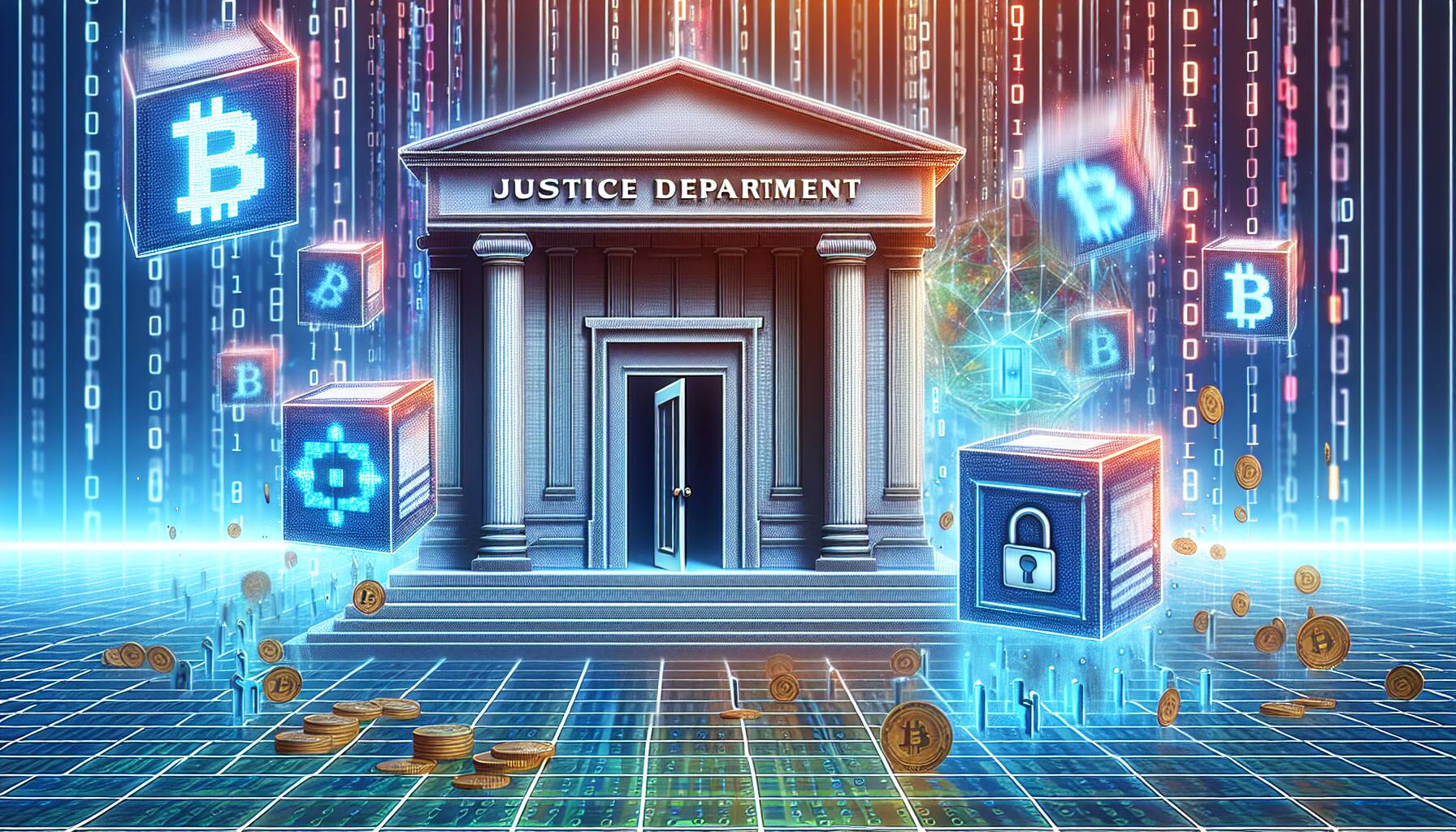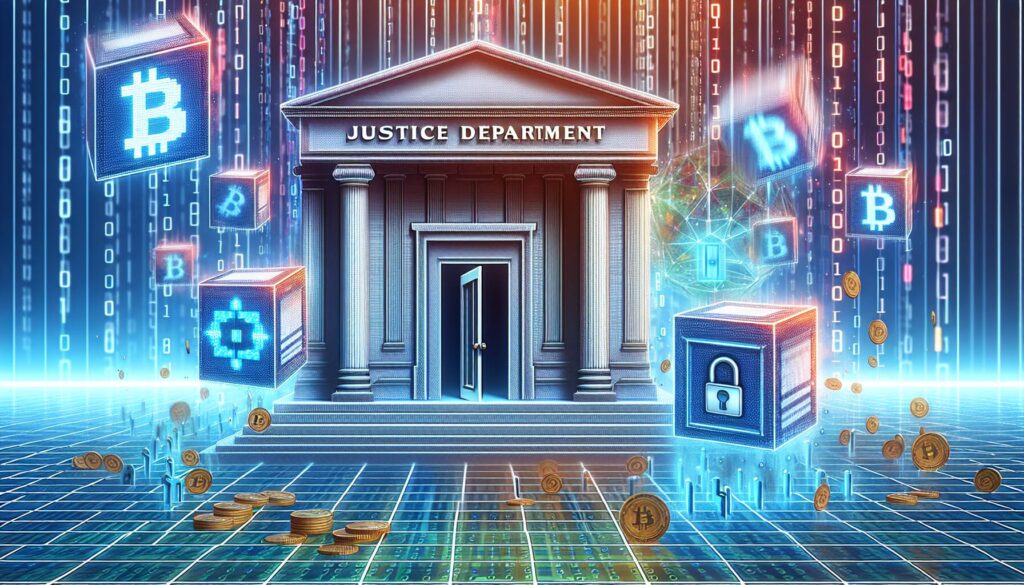The landscape of cryptocurrency oversight is shifting dramatically, as the Justice Department has announced the dismantling of its specialized crypto unit. This decision comes amid a broader trend under the Trump administration, which is seen as easing regulations surrounding digital assets. With this move, the Justice Department is signaling a significant change in how cryptocurrency will be monitored in the United States.
As discussions around digital assets continue to evolve, the implications of reducing federal oversight are profound. Advocates for cryptocurrency might view this as a retreat from burdensome regulations, while critics worry about the potential for increased fraud and instability in the market. The commitment to lessen regulatory scrutiny raises questions about the future of digital asset safety and consumer protection.
With regulations easing, the future of cryptocurrencies is becoming more unpredictable than ever, marking a pivotal moment in the world of digital finance.
This shift in policy reflects a growing trend towards embracing the potential of digital assets while balancing the need for consumer protection. As the cryptocurrency market expands, the conversation around governance and oversight becomes increasingly relevant, making it a hot topic for investors and regulators alike.

Impact of Justice Department’s Decision on Crypto Oversight
The recent action by the Justice Department to eliminate its crypto unit, coinciding with decreased regulatory oversight during Trump’s administration, has significant implications for the digital asset landscape. Here are the key points to consider:
- Elimination of Crypto Unit:
- The Justice Department has disbanded its dedicated unit for cryptocurrency investigations.
- This move could hinder enforcement against illicit activities involving digital assets.
- Regulatory Landscape Shift:
- Trump’s administration is perceived to loosen regulations on cryptocurrencies.
- This shift may encourage innovation but raises concerns about market stability and security.
- Potential Impact on Investors:
- With less oversight, investors might face increased risks regarding fraud and market manipulation.
- Greater freedom could attract more participants into the market, leading to volatility.
- Future Implications for Digital Assets:
- Calls for a clearer regulatory framework may intensify among market stakeholders.
- The decision could influence how other countries perceive and regulate crypto businesses.
This development emphasizes the delicate balance between fostering innovation in the crypto space and ensuring adequate protection for investors and the financial system as a whole.
Justice Department’s Crypto Unit Disbanded: A Shift in Regulation Under Trump
The recent decision by the Justice Department to dissolve its dedicated crypto unit marks a significant turning point in the regulatory landscape for digital assets. With former President Trump advocating for a more lenient approach to oversee cryptocurrencies, this move has stirred considerable discussion in the financial and tech sectors.
On one hand, the dismantling of the crypto unit could be seen as a competitive advantage for cryptocurrency companies, allowing for greater freedom to innovate without the constraints of rigorous oversight. Businesses like Bitcoin exchanges and blockchain startups may relish in this newfound flexibility, potentially fueling growth and attracting new investors eager to dive into a less regulated market. Companies eager to pioneering new financial technologies might find this an opportune moment to expand and capitalize on the evolving environment.
However, this leniency poses significant disadvantages as well. The absence of a regulatory framework can lead to increased risks like fraud and market manipulation, casting a shadow over the legitimacy of digital currencies. This uncertainty may discourage cautious investors who prioritize security, potentially sidelining a demographic that values regulatory assurance and consumer protection in their investment choices.
Additionally, larger financial institutions may face challenges as they try to navigate this shifting terrain. Traditional banks and investment firms, which often depend on clear regulations and guidelines, might struggle as they gauge how to engage with an industry that is now more unpredictable. Without a regulatory safety net, the overall appeal of entering the crypto market may diminish for established financial players.
This situation also benefits regulators seeking to impose their own standards, as the lack of federal oversight opens the door for state-level regulations to take the lead. States eager to assert their jurisdiction could enact diverse laws that create a patchwork regulatory environment, further complicating compliance for businesses operating across state lines.
In summary, while the Justice Department’s decision paves the way for robust innovation in the cryptocurrency sector, it also raises considerable concerns over security and reliability. The current climate presents a double-edged sword for both crypto enthusiasts and traditional financial institutions, creating opportunities for some while posing significant challenges for others.

















